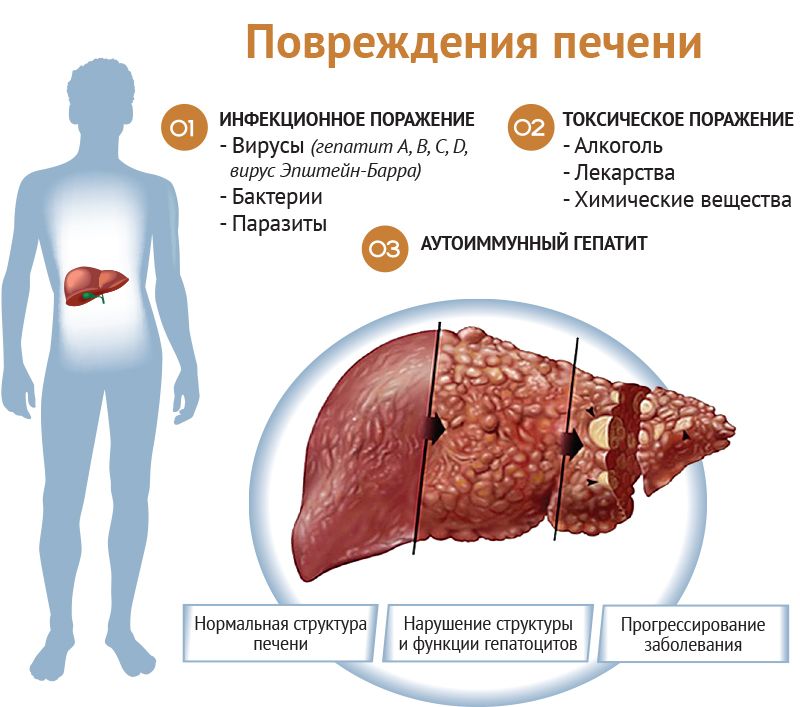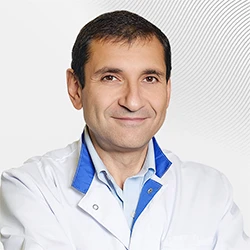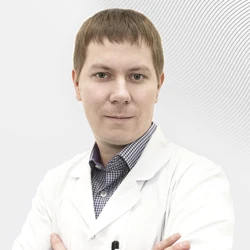Liver diseases: symptoms and treatment

The liver is a unique chemical laboratory, millions of toxic substances are destroyed in it every minute. Another feature of the liver is the absence of pain receptors, as a result of which it practically does not give signals about the disease, literally "suffering in silence." When symptoms appear, the liver situation is close to critical. What does our liver suffer from, and how not to miss serious diseases of the "silent organ", says the head of the EMC hepatology center, gastroenterologist-hepatologist, MD, Professor of Moscow State Medical University Tatyana Evgenievna Polunina.
Tatiana Evgenievna, what are the threats to liver health?
There is a group of liver diseases with the unifying name hepatitis. All of them are characterized by the presence of an inflammatory process in the liver. Depending on the cause, hepatitis is classified into: infectious viral and bacterial, toxic (medicinal, alcoholic, etc.), autoimmune hepatitis. The infectious form of hepatitis is most often caused by hepatitis A, B and C viruses, Epstein-Barr virus, cytomegalovirus.
Alcohol is the main cause of toxic liver damage. According to the literature, alcohol intake in terms of ethanol is considered abuse - more than 140 grams per week for men and more than 70 grams per week for women.
Recently, medicinal lesions have become one of the leading places among liver diseases. According to American studies, side effects of medications cause 40% of hepatitis among patients over 40 years of age and 25% of cases of acute liver failure.
This is a serious problem for practical medicine. It is due to the fact that a lot of over-the-counter drugs have appeared on sale, and information about their possible side effects is not being properly communicated to a wide audience. Regular paracetamol, which is part of the common and actively advertised remedies for colds and flu, has a toxic effect and can cause drug damage to the liver if taken frequently and uncontrollably. If even a small amount of alcohol is consumed simultaneously with paracetamol, the risk of drug-induced liver damage increases many times.

Does nutrition affect the risk of liver disease?
There is such a thing as non-alcoholic fatty liver disease (fatty liver infiltration, steatosis, "fatty" liver). The main cause of the disease is the accumulation of triglycerides and other fats in liver cells, hepatocytes. At the same time, changes occur in the organ, similar to those in alcoholic liver damage. As a rule, this is a problem for overweight people.
The prevalence of the disease in Western countries is 20-40%, which is primarily due to physical inactivity and eating habits: eating high-calorie foods and fast carbohydrates. In recent years, Russia has come very close to similar indicators. Unfortunately, fatty liver disease occurs even among children.It is important to remember that patients with fatty liver infiltration, in the presence of certain criteria, or so–called predictors, fall into a group with a high risk of disease progression, that is, transition to the next stage - steatohepatitiswith fibrosis. These predictors include: obesity, type 2 diabetes mellitus, and hypertension. By the way, the high frequency of fatty liver infiltration and these factors, which are known to be components of metabolic syndrome (MS), led to the conclusion that fatty liver infiltration itself is a component of it.
For successful treatment of such patients, lifestyle changes are critically important – weight loss through a balanced diet and physical activity.How to suspect liver problems?
Many liver lesions occur subclinically – that is, without visible manifestations, and the problem can only be detected by laboratory tests. Unfortunately, most patients come to us with already pronounced symptoms of jaundice: yellowing of the sclera, dark urine, light stools, pronounced malaise. In this case, liver function is usually already seriously impaired.
Should I check my liver if nothing is bothering me?
It is mandatory if there are risk factors for liver damage. In men, this is mainly alcohol intake in combination with physical and emotional stress, sexual contact with untested partners is a risk of viral hepatitis. In young women, this is a long–term use of hormonal contraceptives that cause peliosis or hemangiomas of the liver, taking paracetamol- or aspirin-containing headache medications that can have a toxic effect on the liver, as we have already discussed. In these cases, it is necessary to periodically take a biochemical blood test for liver enzymes (markers of autoimmune and viral hepatitis A, B and C, ALT, AST, HTG, total and direct bilirubin, alkaline phosphatase).With viral hepatitis, the only symptom for a long time may be asthenic syndrome – increased fatigue, weakness. If this condition has been bothering you for a long time, and there is no certainty that there is no infection, it is necessary to take an analysis for markers of viral hepatitis.
Can hepatoprotectors protect the liver?
Medicines that improve liver function include drugs containing ademetionine, essential phospholipids, L-ornithine-L-aspartate, ursodeoxycholic acid, and various herbal components. Antiviral medications are a separate group. Ademetionine, L-ornithine-L-aspartate ursodeoxycholic acid are used in therapeutic practice to treat certain conditions of the hepatobiliary system. Essential phospholipids and herbal medicines are effective in cases where there is a moderate increase in liver enzymes. In any case, treatment should be carried out under the supervision of a doctor, and its effectiveness should be determined by laboratory monitoring. But the most important thing is to eliminate the root cause of liver diseases: exclude alcohol, fatty and high–calorie foods, and in the case of viral hepatitis, undergo appropriate therapy with antiviral drugs. The liver is the only organ in our body that is able to recover until irreversible changes occur. Help the liver: do not get carried away with alcohol, watch your diet, do not drink unnecessary medications, consult a doctor on time – and you will keep her healthy for many years.The EMC Hepatological Center provides comprehensive care for patients with various liver diseases at any stage of the disease. The center specializes in the treatment of autoimmune and medicinal hepatitis, cross syndrome, hemochromatosis, alcoholic liver damage, non-alcoholic fatty liver disease, chronic viral hepatitis B, C, D.
Why the EMC
The first and only clinic in Russia, created in the image of the world's leading clinics
EMC is a multidisciplinary center offering patients a high level of medical services and a personalized approach
Worldwide recognition and awards
 Learn more
Learn more
Worldwide recognition and awards
 Certificates and licenses
Certificates and licenses
Make an appointment for a consultation
Specify your contacts and we will contact you to clarify the details
Reviews
and new products of the EMC


.webp)



.webp)


.webp)


.webp)


.webp)
.webp)

.webp)

